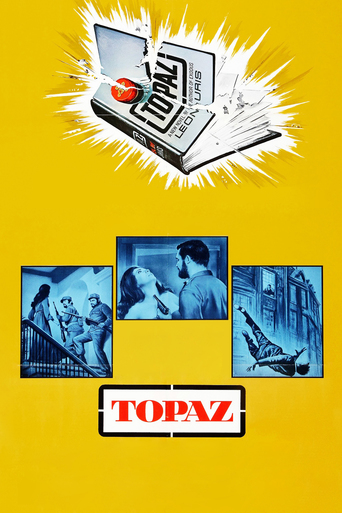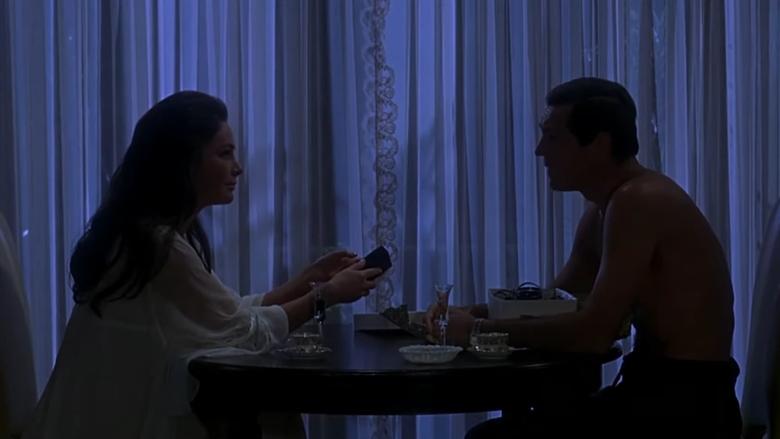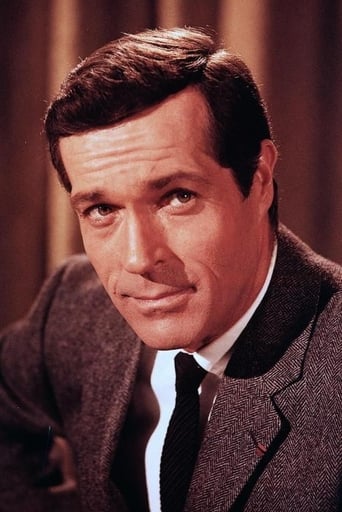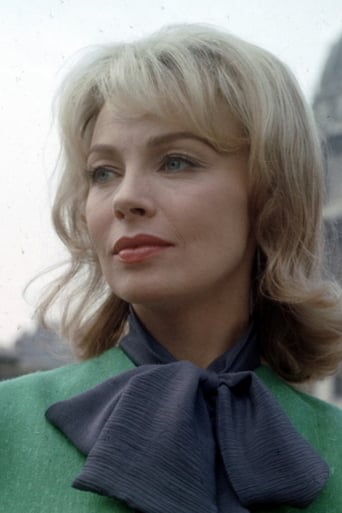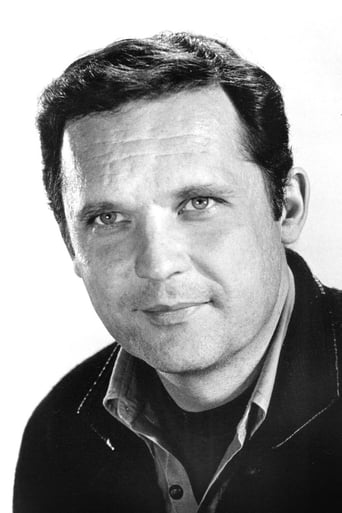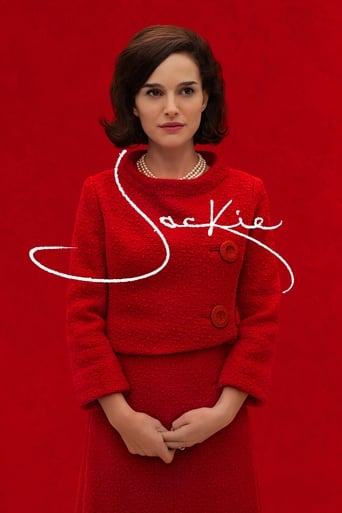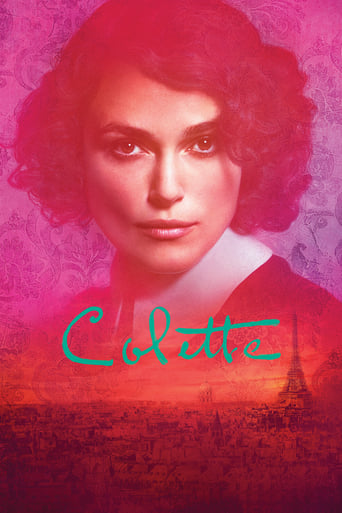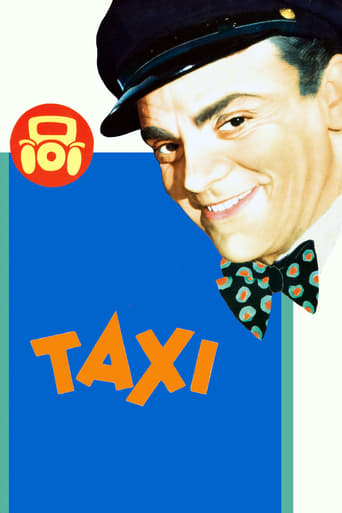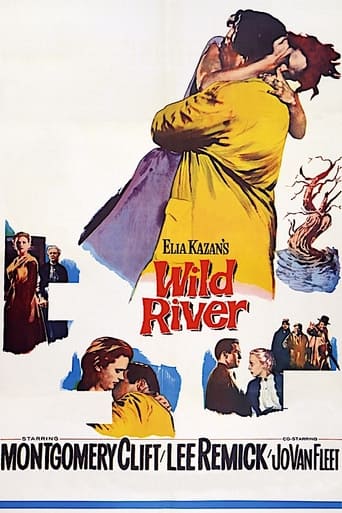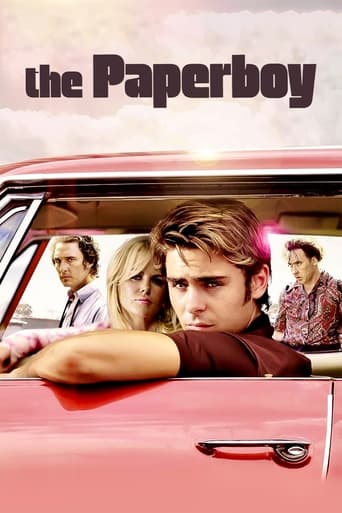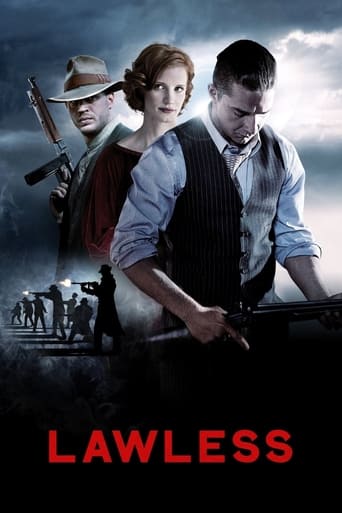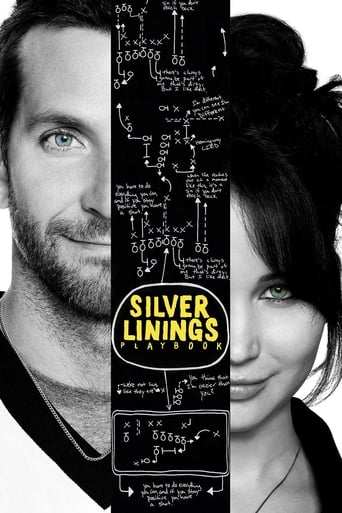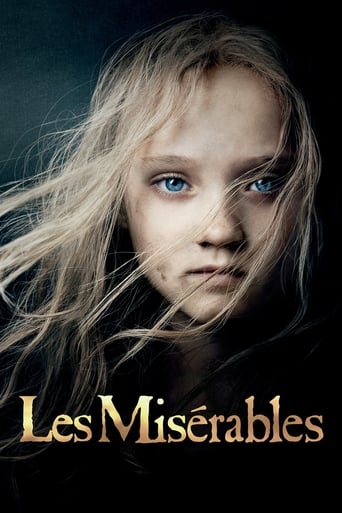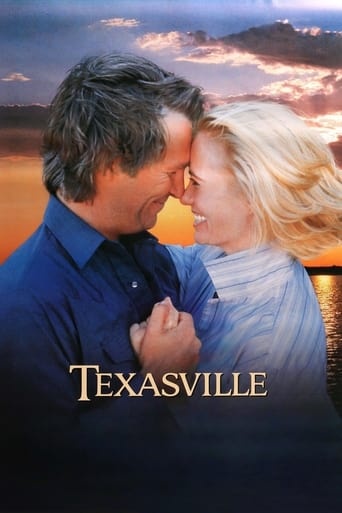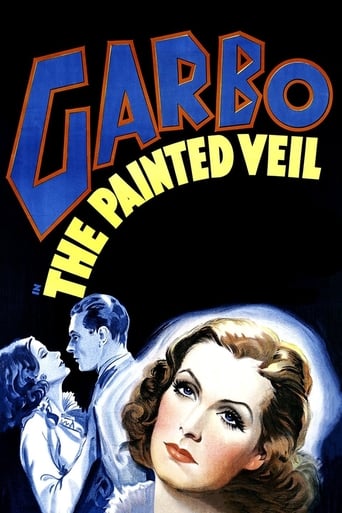Topaz (1969)
Copenhagen, Denmark, 1962. When a high-ranking Soviet official decides to change sides, a French intelligence agent is caught up in a cold, silent and bloody spy war in which his own family will play a decisive role.
Watch Trailer
Cast


Similar titles
Reviews
This is not your typical Hitchcock film, nor is it an easy film to follow and understand, but Topaz is a fantastic film! Took me many years of living and a few viewings over the decades to get it. Topaz is complicated, with a half a dozen McGuffins, tons of fascinating and intriguing international subplots, two parallel love stories, and an amazing cast of actors. After watching Hitch films for 50 years, and following the politics and spy craft of America, Cuba, Russia and France, all of which is needed to appreciate this film, for those who do their homework this film will be loved and seen as high quality Hitchcock with tremendous suspense and one awesome Hitchcockian murder scene. Visiting Cuba (yes - go!) and understanding the context of the geo politics in 1962, with respect to Russia, France and America will help greatly. My only fault with the film is the musical score which is subpar; a shame the great composer Bernard Herrmann was not able to work on this film. I will only say this: if you love Hitchcock and modern day geo politics you will love Topaz!
After directing his works of mountain peaks 10 years earlier with "Vertigo" (1958) over "North by Northwest" (1959) to the crowning all independent produced "Psycho" (1960), Alfred Hitchcock overthrew himself with the fast-tracked adaptation of Leon Uris' Spy Game Thriller "Topaz", telling the story of a french spy, who unravels the schemes of the 1962 Cuba Crisis by exposing french governmental bureaucrats exchanging Russian Intel towards atomic missile logistics in the Caribbean triangle.Director Alfred Hitchcock challenged himself with the second after "Torn Curtain" starring Paul Newman in 1966er espionage story, which had been about an American scientist, who defects back and forth to the East and back to East Germany again, carrying a secret formula, which may change the fronts of the emerging cold war. With "Topaz", the director seemingly wanted to make up for an mediocre hardly suspenseful result of "Torn Curtain", which he felt to be a cinematic failure.Nevertheless provided with less budget production then for "Torn Curtain" of just 4 Million U.S. Dollar and no Hollywood Star in the picture to back him up, Alfred Hitchcock encounters the years towards the end of his career existing Universal Studios distribution deal, before he delivers the infamous line over the phone of his Universal Studio office on July 20th 1978 to Hollywood executive Hilton Green, "I can't go on.", concluding his career with a fairly received crime-comedy genre mix "Family Plot" (1976)."Topaz" became a project under pressure towards tight deadlines and against the success of novel. The picture misses the playful ease of Alfred Hitchcock's films as "Shadow of a Doubt" (1943) or "To Catch a Thief" (1955). The director had the clearly over-rushed novel adaptation to a screenplay by Samuel Taylor, under control, but Alfred Hitchcock did not managed to bring the film's action up to a contemporary pace with an already gone spy action movie hype of the 1960s and six over-achieving 007 movies produced and successfully distributed by independent production company Danjaq, LLC between 1962 to 1969.In "Topaz", Alfred Hitchcock resided in rigid structure of wide to close up dolly camera movements as well as inter-cutting, which had been working all through his career to an defining signature that shaped suspense-triggering-films to this day. The editorial as the cinematographic technique works occasionally as in the scene of killing the character of Juanita de Cordoba, played by Karin Dor, through invading Cuban Military, in a high angle shot of capturing beauty on the fading in green-silk wrapped body sliding to the Villa's foyer floor after receiving an up-close and personal gun shot by the haunting character of Rico Parra, portrayed by actor John Vernon.Another momentum of cinematic significance can be witnessed with the too-late introduced characters of french bureaucracy giving faces by actors Michel Piccoli and Philippe Noiret, who both find death after their public exposure of spying for the Russians in one of two after the previously mentioned interior Cuban Villa Scene, where suspense had been all round up by Director Alfred Hitchcock with combining the spoken word with contradicting action beats in a interviewing scene of Noiret's character of Henri Jarre.The third moment of joyful Hitchcockian mastery presents itself in the final scene regarding the character of Jacques Granville, in manner of a professional actor performed role by Michel Piccoli, where a one shot uses the camera on a crane from close-ups to wide and back to the Piccoli's pitch perfect close-up, revealing Jacques Granville's exclusion from society, underlined by an immense baroque conference hall setting.No doubt that these flickering scene of mastery can not prevent "Topaz" to be another failure of a Hollywood movie with an charming but unappealing, if not to say passive leading character of Andre Devereaux, performed by miscast actor Frederick Stafford, which Alfred Hitchcock could not get to one single break-out beat of struggle, despair nor fighting spirit towards the will to survive a life-threatening situation.Realising his battle against windmills with two failing spy movies, Alfred Hitchcock returned to his crime-menacing thriller roots with "Frenzy", which he presented at Cannes Film Festival on May 19th 1972 to another recalling success of a director, who shaped editorial techniques as well as cinematographic movements in 50 years of film-making like no other to create the diligent and unremitting instrument of suspense in cinema for any genre from timeless comedies over classic drama to high-end contemporary action movies.© 2017 Felix Alexander Dausend (Cinemajesty Enterainments LLC)
This film should have been titled Torpor. Hitchcock, who in his best films was interested in plot merely as a means to guide the audience from sequence to sequence, here presented a film that is entirely plot — there isn't any memorable sequence and little in the way of engaging performances. The two films that Hitchcock directed prior to this — Marnie and Torn Curtain — at least had striking sequences that generated suspense and excitement. In the former, the riding sequence ending in the injury and killing of the horse and the sequence of Marnie stealing money from the Rutland firm; in the latter, the murder of the agent in the farmhouse and the panic in the theater, to name a few examples.The relatively weak box office performances of those films put Hitchcock in the position of needing a hit. Hitchcock thought that a story about recent international spycraft would do the trick, even though Torn Curtain, which had a similar basis, had been tepid at the box office. Adapting the Leon Uris novel for the screen proved problematic, even though Uris was a veteran screenwriter. Hitchcock usually had a film all planned out before any production was done; filming was simply the work to put the director's vision on film. Topaz went into production without a finished script. The result is a film that moves from routine dialogue scene to routine dialogue scene without any distinctive touch. Even the death of the Karin Dor character is oddly flat in its impact. Only the supporting players, and Karin Dor, gave some hint of character. John Forsythe and Frederick Stafford seem to be caught in an ad for men's suits (Botany 500 probably). John Vernon works on the sort of accent used in the Mission Impossible series: "Jyoo weeel tell ahss the theengs jyoo haff dohn." Hitchcock seems to have been adrift here. Two of his key collaborators on the great films of the Fifties — Robert Burks on camera and George Tomasini in the editing room — were no longer available (Marnie was the last film they would work on); he couldn't get a satisfactory script. The result was a film made to fulfill a contract. Any director could have done this film. Even Don Siegel would have made it better-paced.
Russian KGB official Boris Kusenov defects with his family to the States. He is arrogant and gives some partial info to the CIA about Cuba. CIA agent Mike Nordstrom gets his French intelligence agent friend André Devereaux to investigate the Russians' involvement in Cuba. Meanwhile the defector discloses a French spy ring codename Topaz.The defection works great. It is an exciting start to the movie. But I feel that there are a lot of static stationary scenes. It doesn't have enough movement to denote the needed action. On the plus side, there are other things here like the jealous wife of the French agent, and the spy craft minutia. But mostly it's a little bit slow.The fact that the main protagonist agent is French may be a hindrance to this movie. This is not a Bond movie. But it's also not morally ambiguous. Director Alfred Hitchcock has made something in between. It's a French Bond without much of the action. And the ending just fizzles out. It is a fairly average spy movie with some interest Hitchcock-style scenes.

